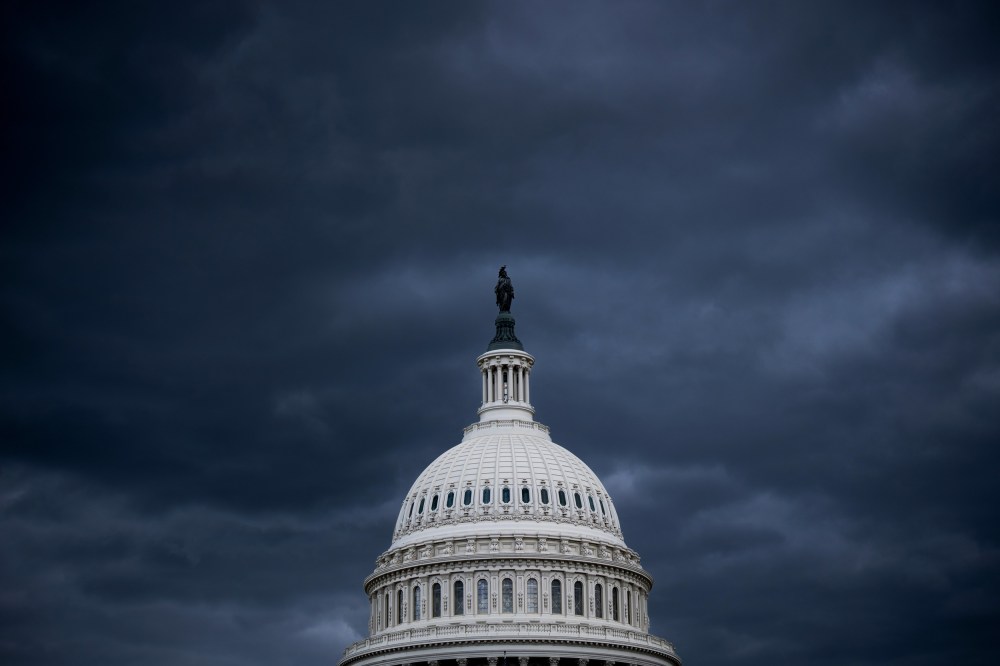As a rule, politicians tend to recognize the value of transparency. The more powerful officials insist on operating behind closed doors, the more political observers wonder why, exactly, they’re afraid of sunlight.
Congressional Republicans might very well be aware of such concerns as part of their impeachment push against President Joe Biden, but the party is nevertheless choosing to ignore them.
Two weeks ago, for example, Hunter Biden responded to a GOP subpoena from the House Oversight Committee by offering to testify in public, so everyone could see the Q&A. Republicans refused. Soon after, the Ways and Means Committee prepared to hold a related hearing, but before it could begin, Republicans closed the meeting to the public and press.
When Democrats asked that the process remain open, the panel’s Republican chairman, Rep. Jason Smith of Missouri, said the matter was “not debatable.”
The day before the floor vote on formally authorizing the impeachment inquiry, GOP officials took even more overt steps to reject transparency. USA Today reported:
Parts of House Republicans’ resolution to greenlight an impeachment inquiry into President Joe Biden reads almost verbatim to the resolution Democrats passed in 2019 authorizing their impeachment push into then-President Donald Trump. There’s one important difference: The GOP version today leaves out language requiring the investigation be transparent.
The same article noted that House Oversight Committee Chairman James Comer recently boasted on a conservative podcast, “Everything we’ve done in this committee has been transparent. I would argue this is the most transparent congressional investigation in history.”
And I would argue that the Kentucky Republican, who’s been reluctant to even release the transcripts of witness interviews, might not fully understand what “transparency” means.
As GOP members on the Rules Committee met roughly 24 hours ago to advance the authorization resolution, Democratic members pressed the point, inquiring as to why the measure wouldn’t require at least one public hearing related to the impeachment process.














